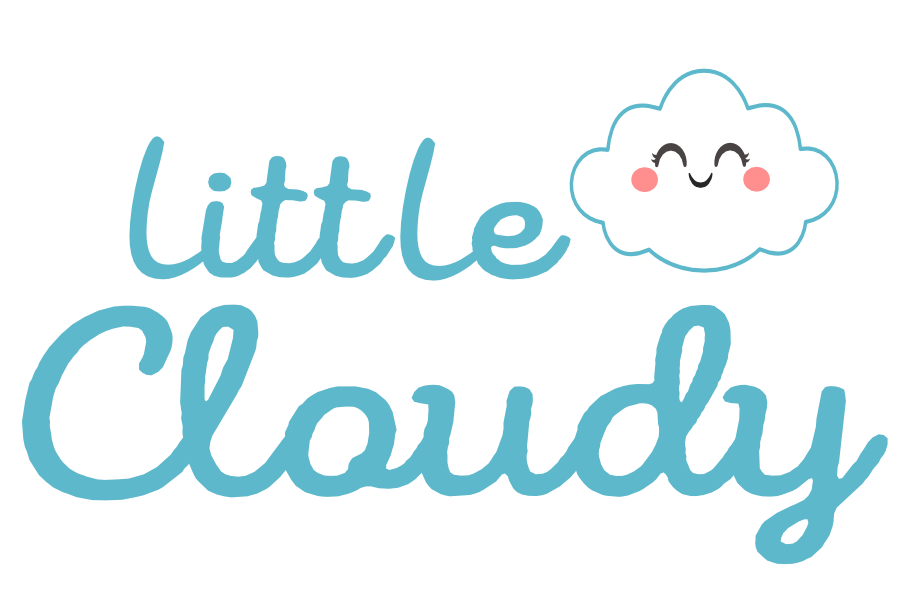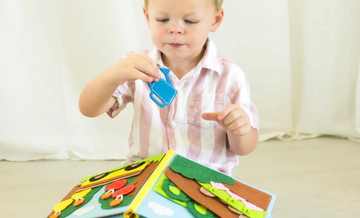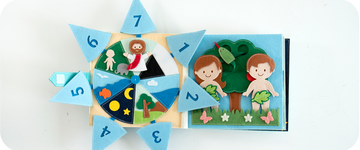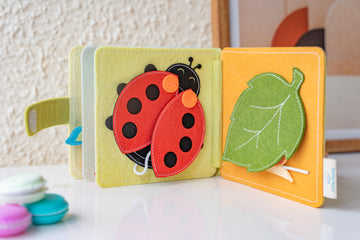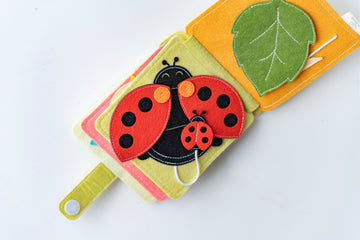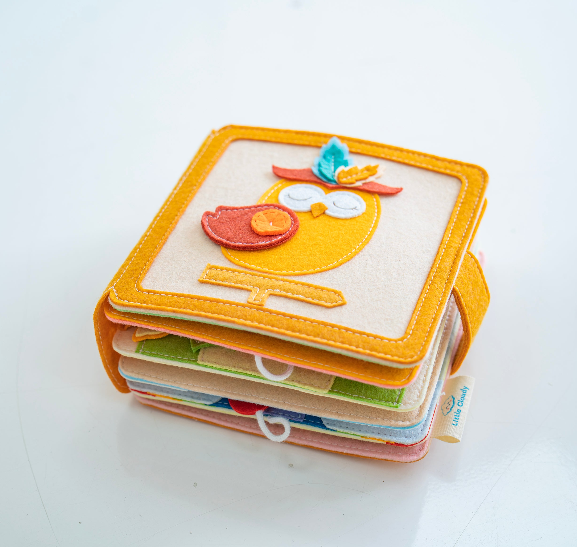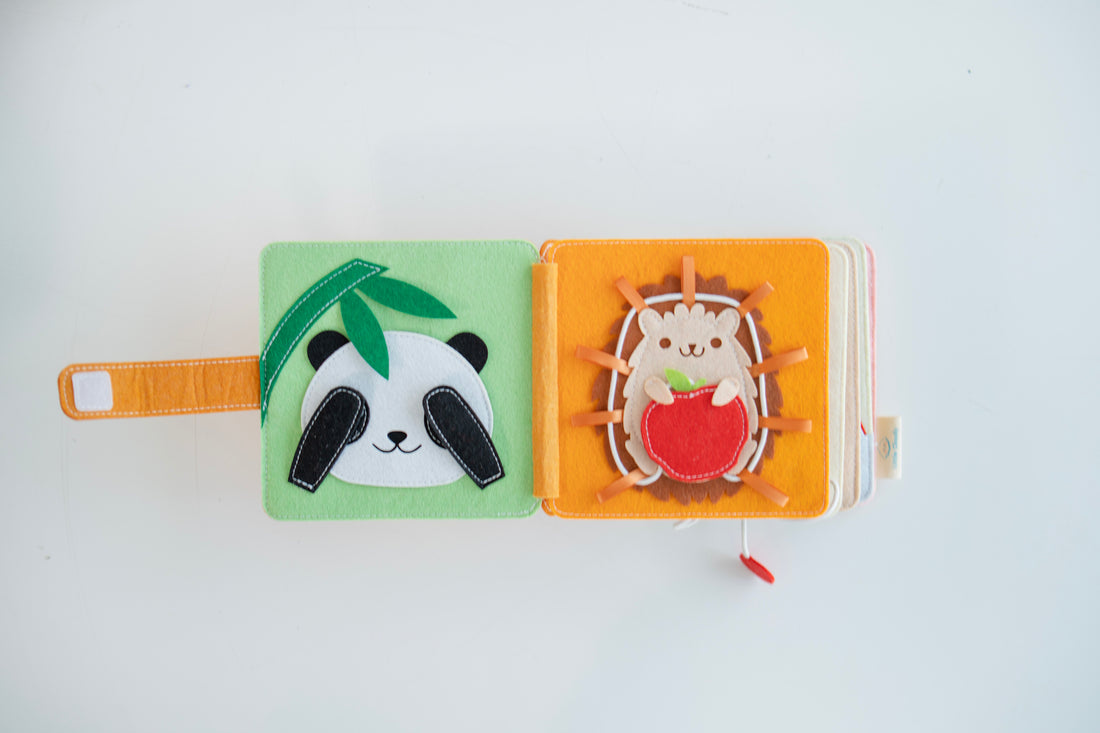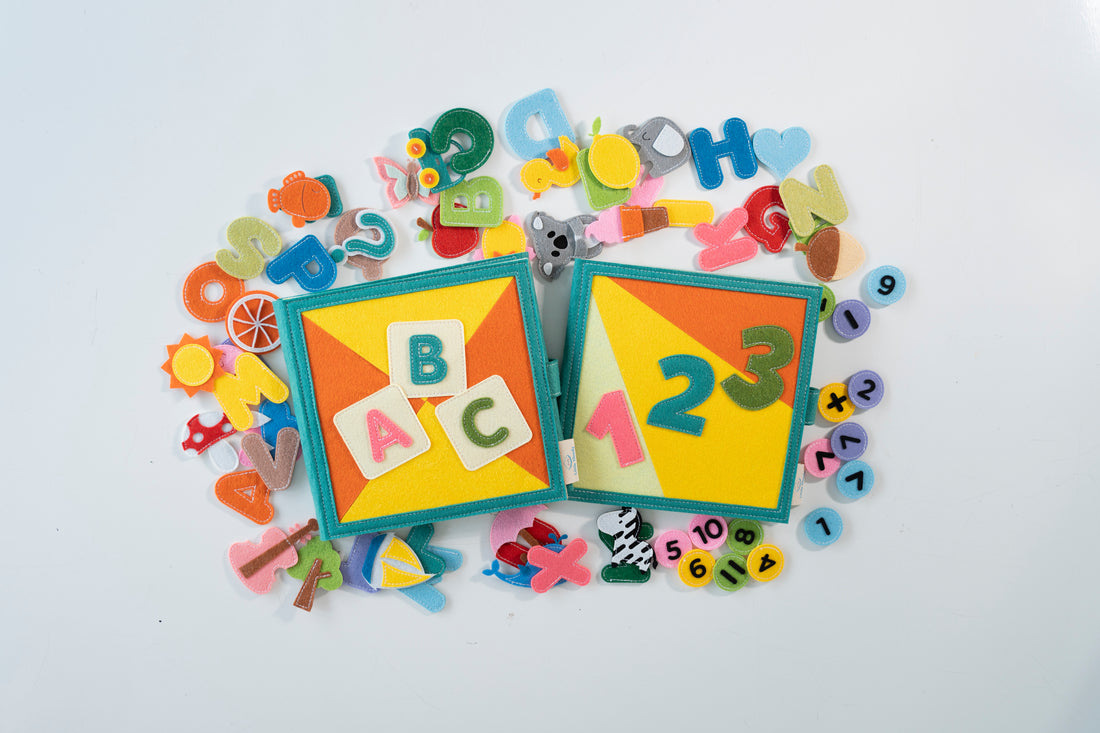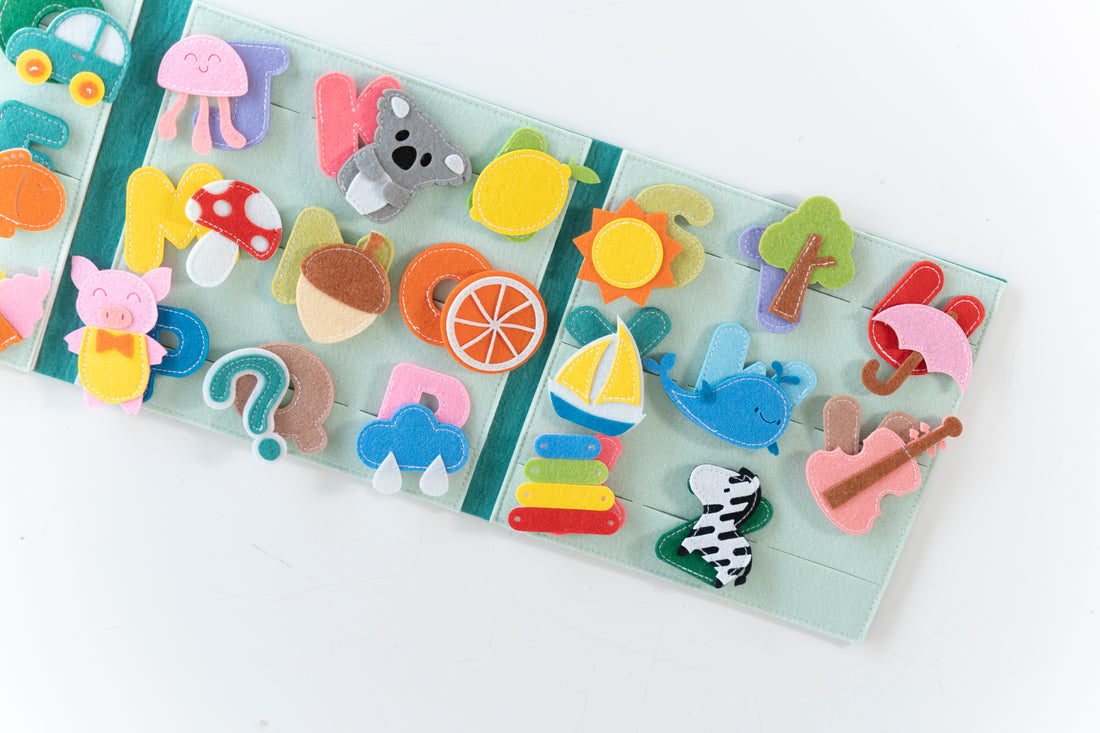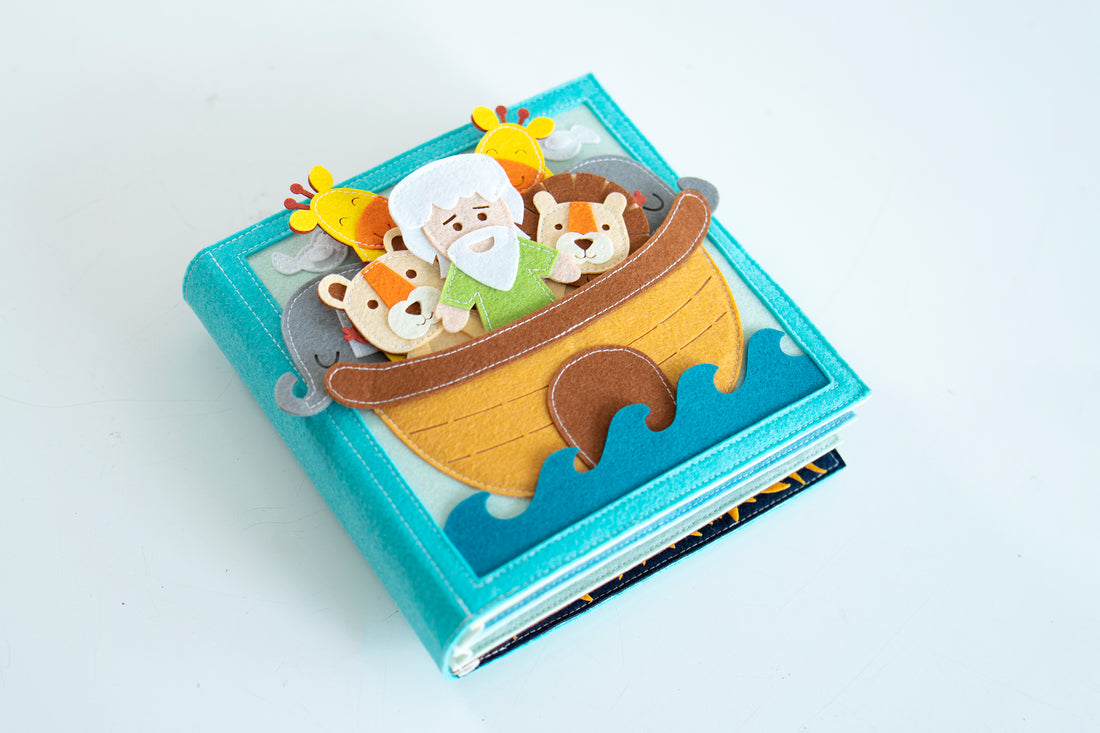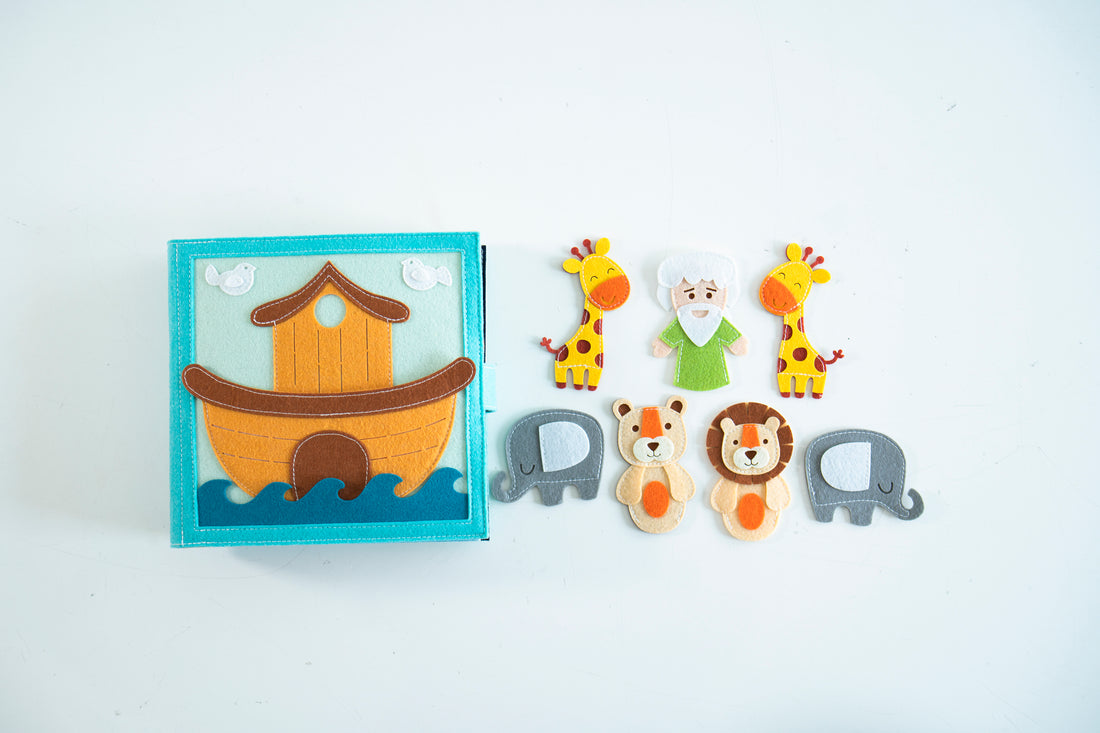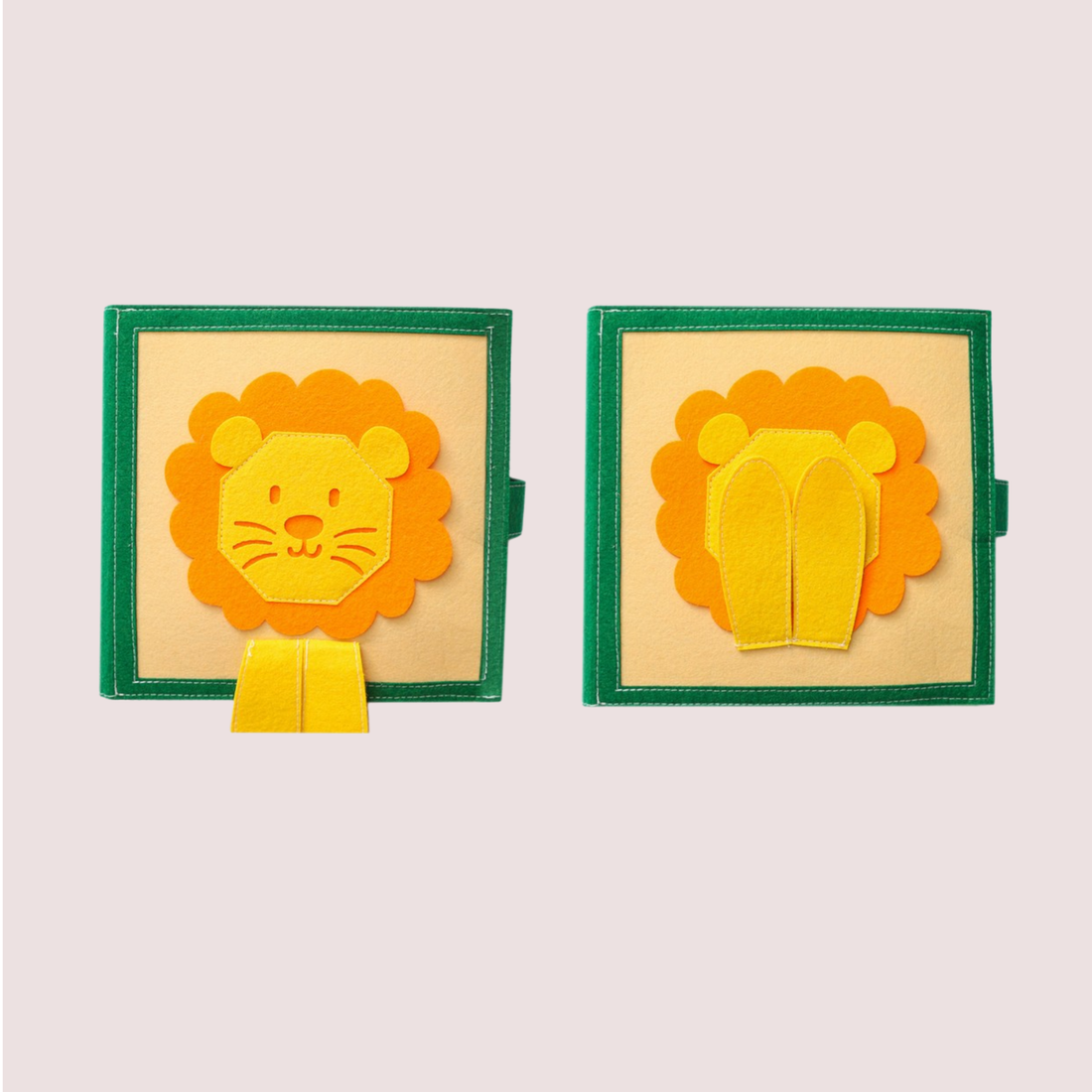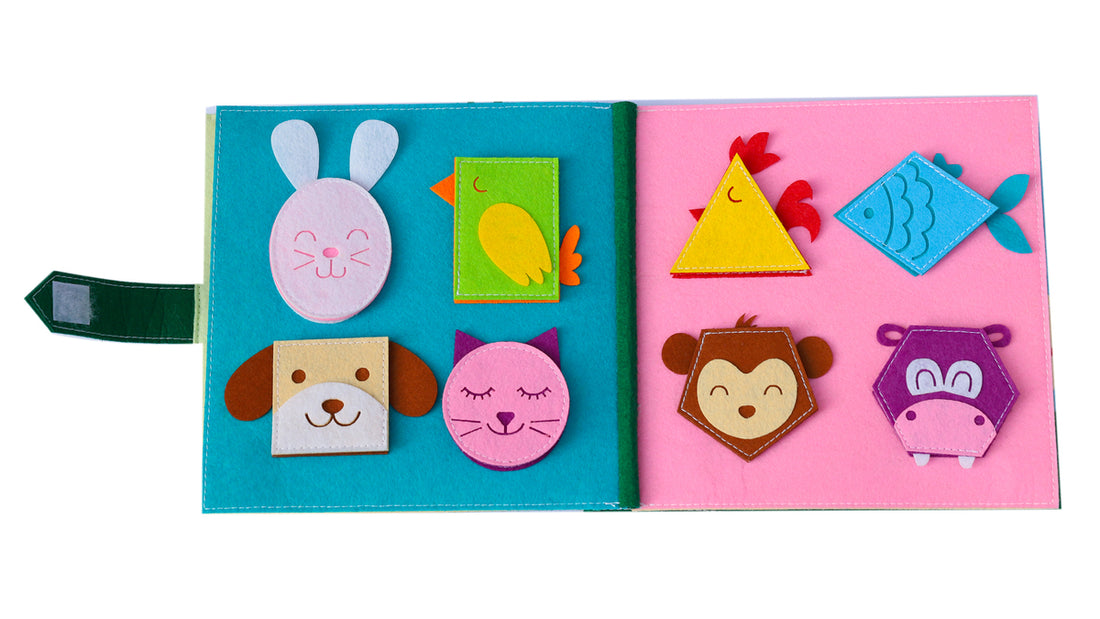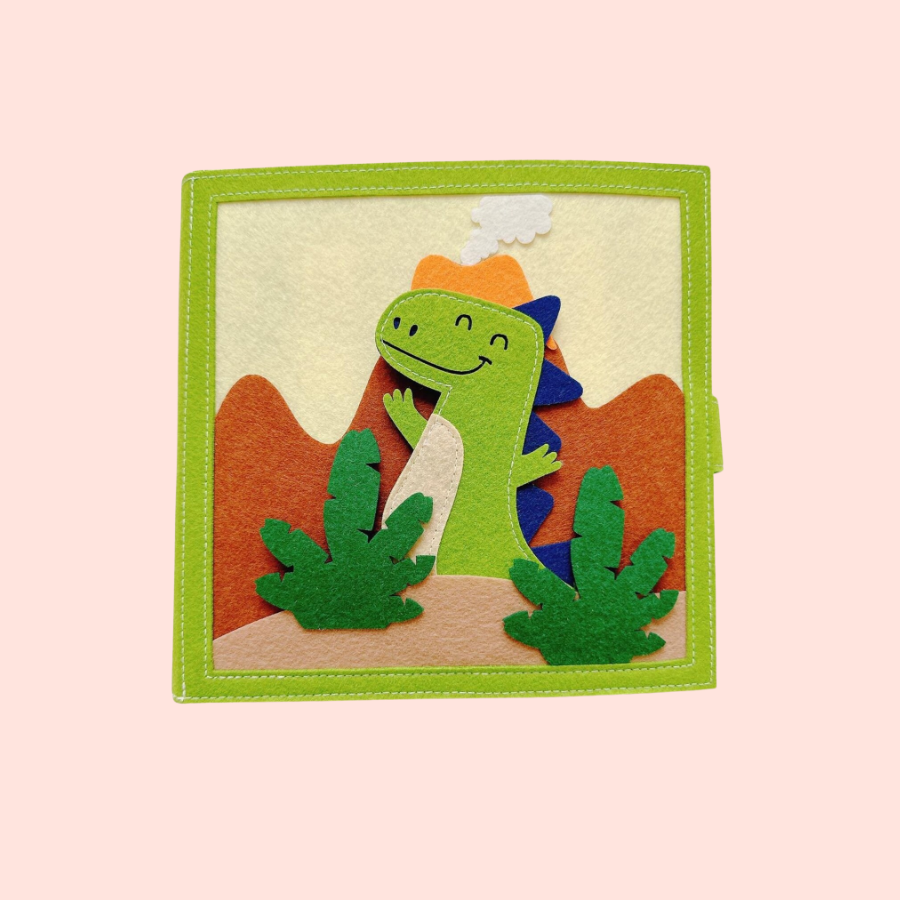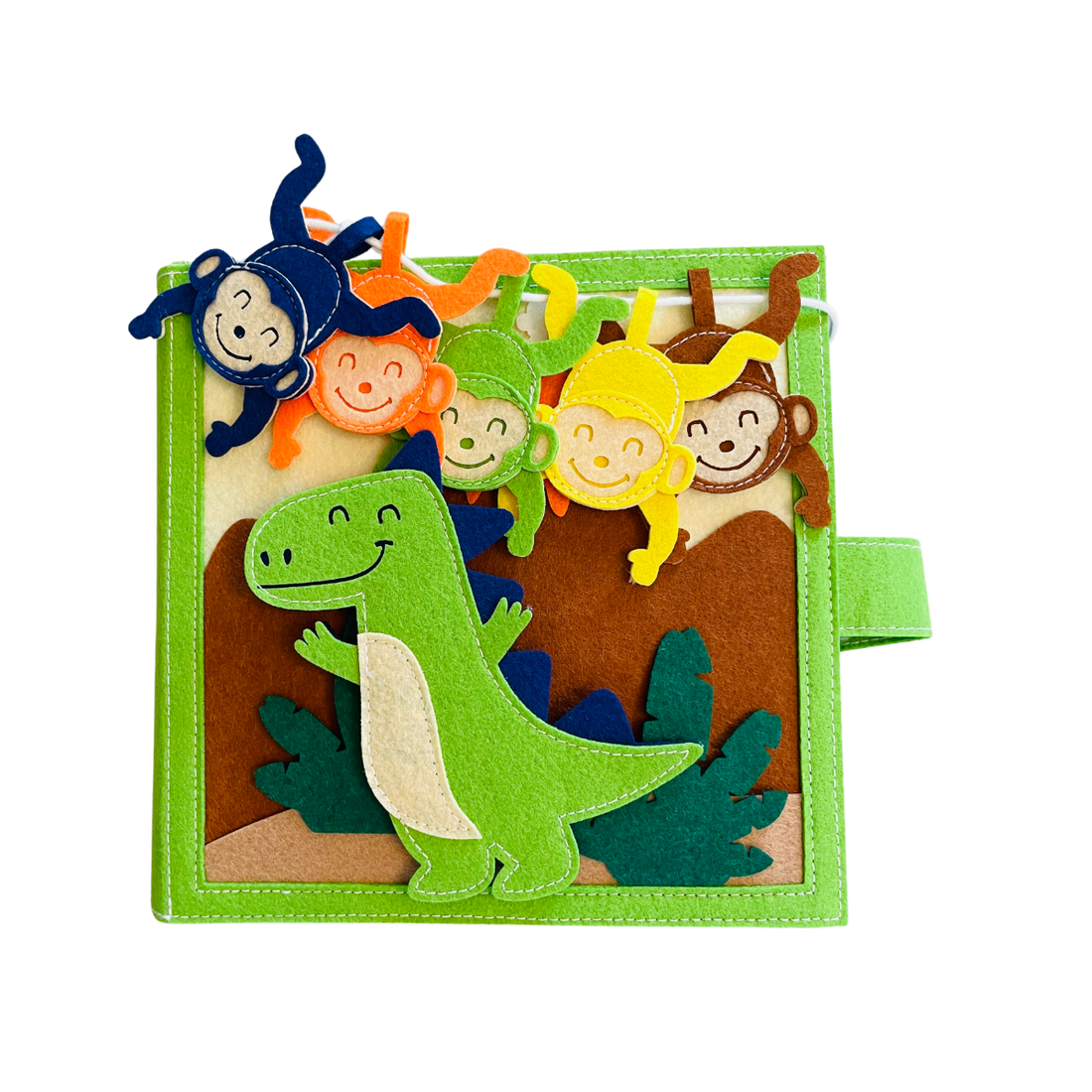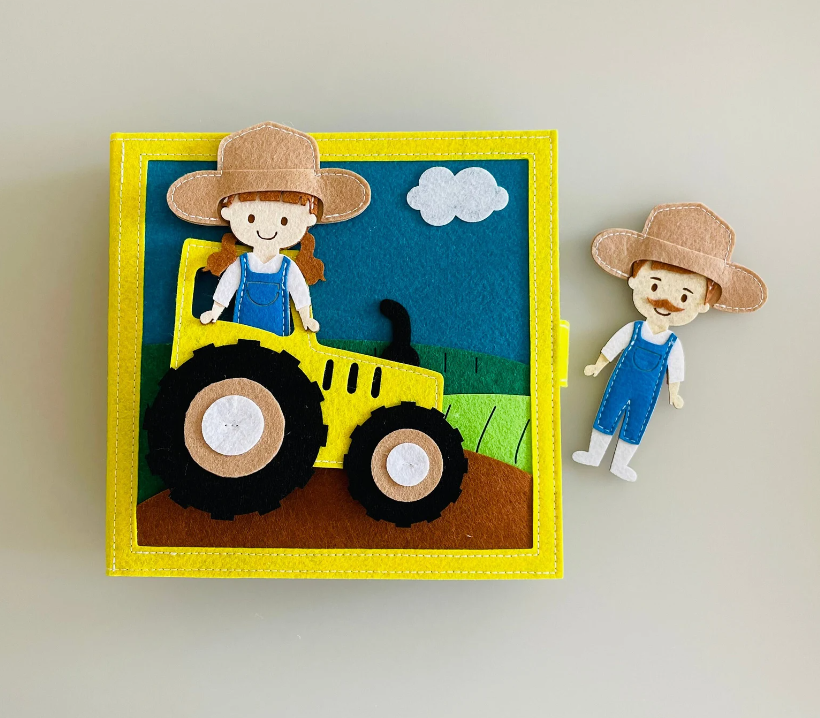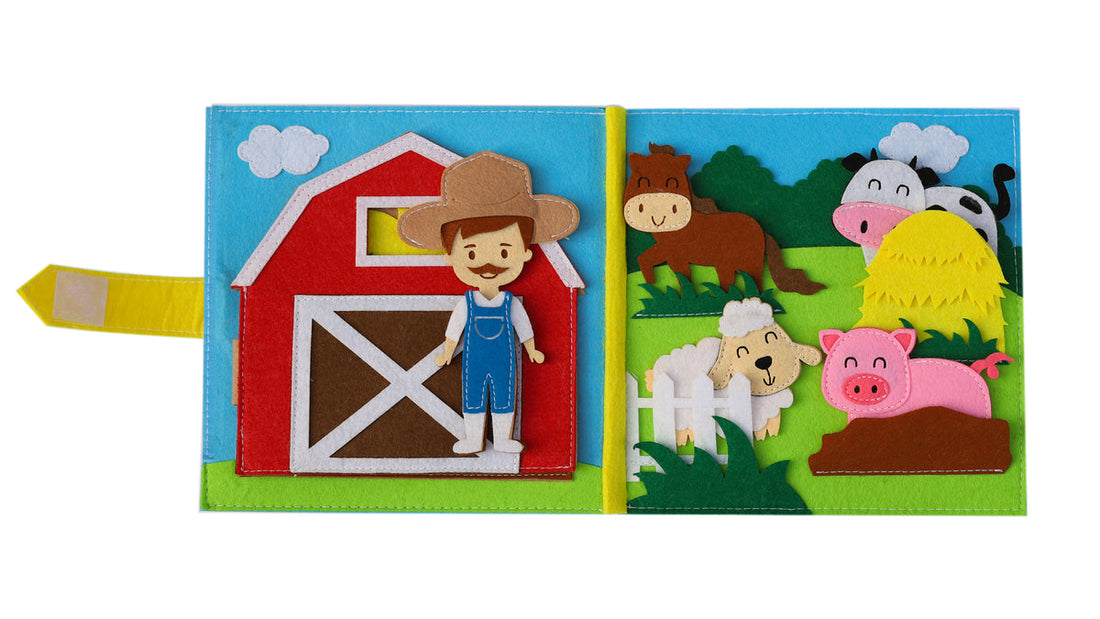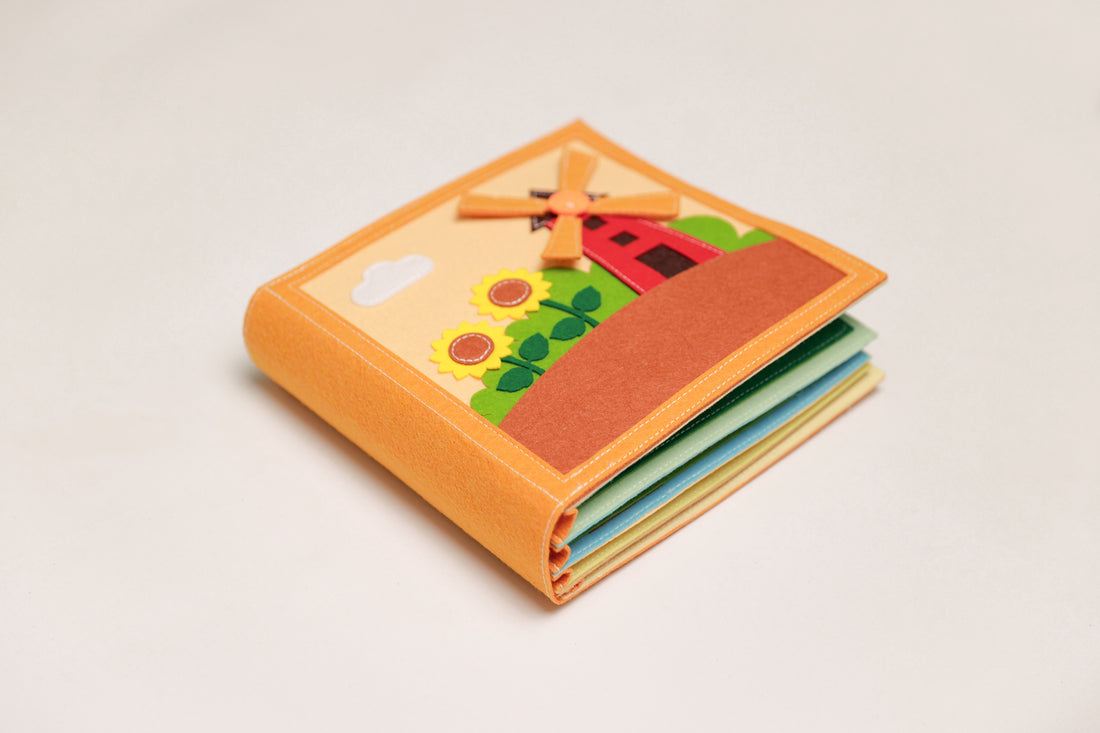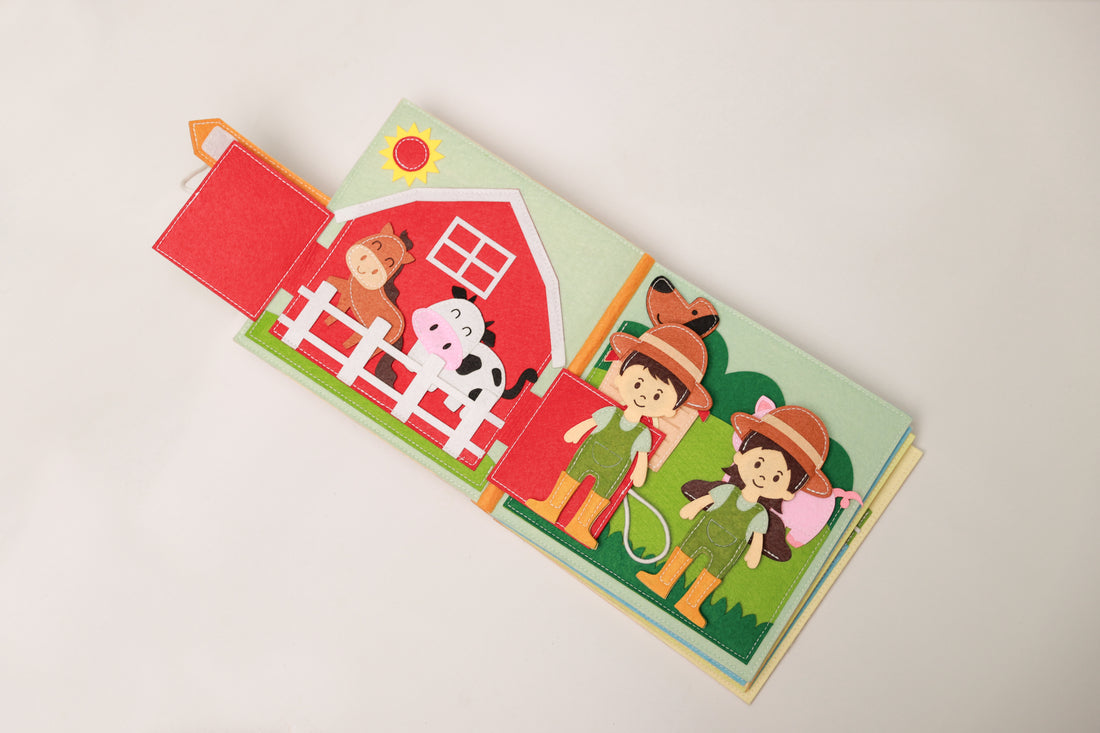Raising Curious Minds: Montessori Books for UK and USA
Montessori education is a method of teaching that emphasizes hands-on learning and the development of a child's natural curiosity. This approach is designed to help children learn and grow in a way that is tailored to their individual needs and interests. One important aspect of Montessori education is the use of Montessori books. These books are designed to be used in the Montessori classroom, but they can also be used at home by parents who want to give their children a Montessori-inspired education.

Montessori books are designed to be used in a hands-on, interactive way. They often feature activities and exercises that children can do to learn new concepts and skills. They are also designed to be self-correcting, so children can work independently and learn at their own pace. Many Montessori books also include detailed instructions and explanations for parents, so they can understand how to use the materials and guide their child's learning.
Some examples of Montessori books include:
- Sensorial materials, such as color tablets, geometric shapes, and sound cylinders, to help children develop their senses and learn about the world around them.
- Language materials, such as sandpaper letters and moveable alphabets, to help children learn to read and write.
- Math materials, such as number rods, beads, and counting boards, to help children learn basic math concepts.
- Science materials, such as botany and zoology cards, to help children learn about the natural world.
Montessori books are an excellent tool for parents who want to give their children a Montessori-inspired education. They can help children learn and grow in a way that is tailored to their individual needs and interests. They also encourage children to be curious and ask questions, fostering their natural curiosity and love of learning.
How Montessori Books Support Hands-on Learning
Montessori books are designed to support hands-on learning, a key aspect of the Montessori method of education. This hands-on approach is based on the idea that children learn best through direct interaction with the world around them. Montessori books are specifically designed to be used in a hands-on, interactive way, and are meant to be used by children to explore and discover new concepts and skills.

One of the ways that Montessori books support hands-on learning is through the use of materials that are designed to be touched, manipulated, and explored. For example, many Montessori books include activities and exercises that involve the use of sensorial materials such as color tablets, geometric shapes, and sound cylinders, which children can explore and manipulate to learn about the world around them.
Another way that Montessori books support hands-on learning is through the use of self-correcting materials. These materials are designed to give children immediate feedback on their progress, so they can learn and make adjustments as they work. For example, a math material such as a bead stair, allows children to count and learn mathematical concepts by physically moving the beads and seeing the results of their actions.
Montessori books also provide children with the freedom to explore and discover new concepts and skills at their own pace. Children can work independently with these materials and are not constrained by a set curriculum or pace of instruction, which allows them to follow their own interests and curiosity.
Overall, Montessori books are an important tool for supporting hands-on learning. They are designed to be used in a hands-on, interactive way, with self-correcting materials and allowing children to learn at their own pace. They provide children with the opportunity to explore and discover new concepts and skills, fostering their natural curiosity and love of learning.
Conclusion: The Importance of Montessori Books in Raising Curious Minds
In conclusion, Montessori books play a crucial role in the Montessori method of education. They are designed to support hands-on learning, a key aspect of Montessori education, and are meant to be used by children to explore and discover new concepts and skills. They are also designed to be self-correcting, providing children with immediate feedback on their progress and allowing them to learn and make adjustments as they work. Montessori books provide children with the freedom to explore and discover new concepts and skills at their own pace, fostering their natural curiosity and love of learning.

Montessori books are an excellent tool for parents who want to give their children a Montessori-inspired education. They can be used at home to supplement a child's learning, and can also be used to support a Montessori-inspired education. They are designed to be used in a hands-on, interactive way, encouraging children to be curious and ask questions, fostering their natural curiosity and love of learning. Montessori books help to build strong foundations for children's development, unlocking their potential and promoting their overall growth.

In summary, Montessori books are an important part of the Montessori Method of education, they support hands-on learning, self-correcting, allowing children to learn at their own pace, providing them with the opportunity to explore and discover new concepts and skills. They are an excellent tool for parents who want to give their children a Montessori-inspired education and help to raise curious minds.
